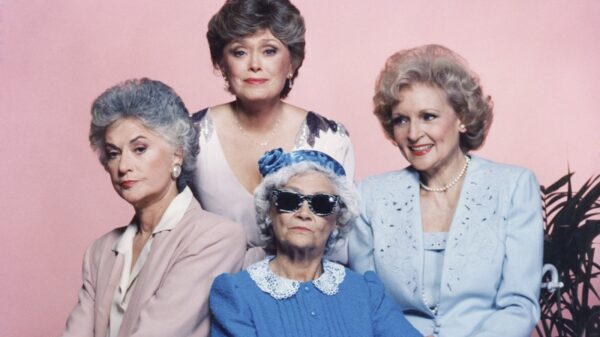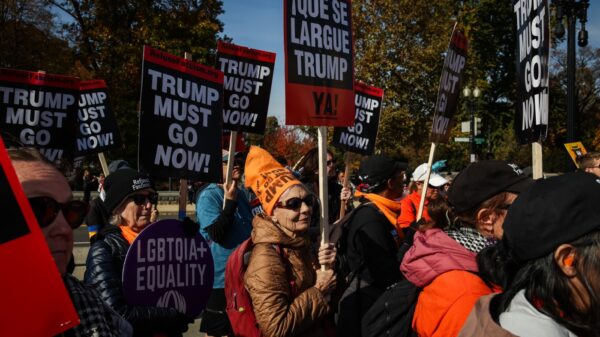Conservative commentator and founder of Turning Point USA, Charlie Kirk, was fatally shot on Wednesday at a campus event at Utah Valley University. Just five months prior to his assassination, Kirk had warned that political violence from the left was “becoming a ticking time bomb.” He was 31 years old when he was shot in the neck, and as of now, the suspect remains at large.
Kirk was known for his unapologetic stance on various issues, often engaging in frank discussions with students on college campuses. He set up tents to facilitate open debates, promoting the idea that America thrives on a free exchange of ideas. Despite the contentious nature of some of these exchanges, Kirk consistently championed the importance of dialogue, yet he was aware of the growing hostility among radical factions.
In April, Kirk shared a study from Fox News on social media that highlighted alarming sentiments among some liberal individuals. According to the study, 48 percent of liberals believed it would be at least somewhat justifiable to murder Elon Musk, while 55 percent felt the same about Donald Trump. He expressed concern that “assassination culture” was becoming normalized, pointing to trends that could lead to increased violence.
“The left is being whipped into a violent frenzy,” Kirk stated in his post. He noted that any political setback was being framed as justification for extreme actions. Kirk criticized local prosecutors and school officials for what he described as cowardice, arguing that it had contributed to a volatile atmosphere.
Kirk understood the risks associated with advocating for his beliefs, particularly in environments hostile to conservative views. He frequently faced challenges from students and faculty but maintained his commitment to educating others. His approach combined respectful dialogue with well-researched facts, aiming to promote traditional values and sanity amidst chaos.
The aftermath of Kirk’s death raises pressing questions about political discourse in the United States. His assassination has ignited conversations about the normalization of violence in political rhetoric. Critics argue that the environment fostered by some media outlets and political figures contributes to a culture where violence is seen as a legitimate response to disagreement.
Calls for accountability extend beyond individual actions, as many urge a collective responsibility among political leaders to condemn violence unequivocally. The rhetoric surrounding political figures, including comparisons to historical tyrants, has been criticized for inflaming tensions rather than promoting constructive dialogue.
In the wake of this tragedy, many are reflecting on the ideals Kirk championed, particularly the notion that no one should be silenced for their beliefs. He held that every individual has a right to express their thoughts freely, a principle enshrined in the First Amendment. Kirk’s unwavering beliefs likely placed him in the crosshairs of those who oppose his views.
Kirk’s legacy may serve as a reminder of the importance of civil discourse in a diverse society. His commitment to encouraging open conversations stands as a testament to the belief that dialogue, even when contentious, is essential for a healthy democracy.
As the nation processes this loss, it is vital to honor Kirk’s ideals by fostering environments where differing opinions can be expressed without the threat of violence. The focus must shift toward accountability and ensuring that political differences do not escalate into deadly confrontations.





































































